Common cold is an infectious disease caused by virus, affecting respiratory system. Nasal congestion, running nose due to mucus, sneezing, coughing, headaches, tiredness, etc are the symptoms of common cold.
There is a common joke about common cold that ‘it is a disease that will be cured in seven days with treatment and in one week without treatment. That is not normally the case.
Almost everyone experience common cold at least once a year.
Here are some Ayurvedic home remedies for common cold. Try it when you feel it is about time your nose open mucus pipes.
First tip straight from Indian granny – boil a few Tulsi (holy basil) leaves in a glass or two of water. Take the pan from the stove and take a facial steam bath with the steam emanating from the vessel. Cover your head with a cloth to ensure steam is not lost out.
There are boilers and inhalers available in the market that lets you direct the steam straight to your nose.
Ginger is another effective remedy to common cold. Boil half a tsp of ginger powder in a glass of water for five minutes. Strain it and drink when lightly warm.
You can elaborate the above mixture to a herbal tea by adding fennel seeds, a pinch of clove powder and a little of cinnamon powder. Drink it one or two times a day.
Cardamom, cinnamon, licorice and cloves also can be singly boiled for a few minutes and taken warm.
More ginger – take two inches of fresh ginger. Crush it and get the juice. Add half a teaspoon honey. Take this mixture two or three times a day.
Squeeze half a lemon to a glass of warm water. Add a tsp of honey. Drink it two times a day.
Care to try some Nasya? Try this if you have a stuffy nose. Add a little sea salt to a tsp of water. Slightly warm the water if it is too cold. Use this as nasal drops.
Additional Tips
Wear a cap and a muffler when stepping out to a cold winter day or night.
Take only warm food. Completely avoid cold drinks, food items. Avoid sour items too.


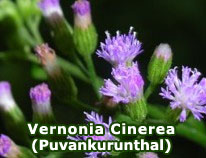
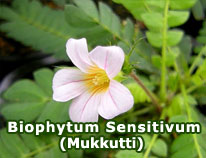

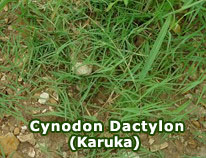

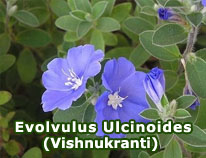
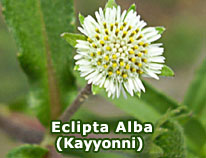
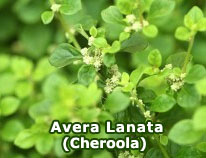
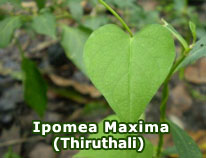
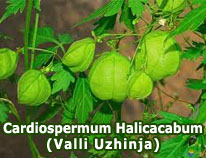
 Loading ...
Loading ...






